Lifestyle
10 Simple Unwritten Rules That Shaped 1960s Family Life

Back in the ’60s, family life felt slower and filled with quiet expectations everyone simply understood. Homes reflected trust and courtesy, and small actions spoke volumes about respect and care. Here’s a trip back to that time with 10 unwritten rules that shaped family life in that decade.
Always Take Your Shoes Off Indoors

In the 1960s, wall-to-wall carpets were pricey to maintain. Families kept them spotless by removing their shoes before stepping inside. Guests did the same without reminders. Many households offered slippers near the door for comfort, and moms vacuumed daily to protect the investment. Mudrooms were rare, so front entries handled most dirt.
Kids Ate What Was Served — No Complaints
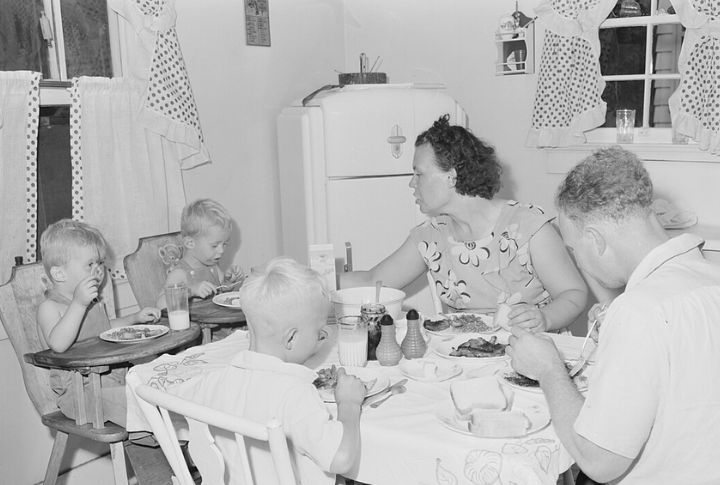
Families gathered for meals at fixed times, parents did not cook separate dishes, children ate the same food, and leftovers were normal. Waste was discouraged, with “Clean your plate” guiding every dinner. Dessert was a treat earned by finishing meals. Complaining didn’t change the menu but usually meant more to eat.
Don’t Interrupt Grown-Up Conversations
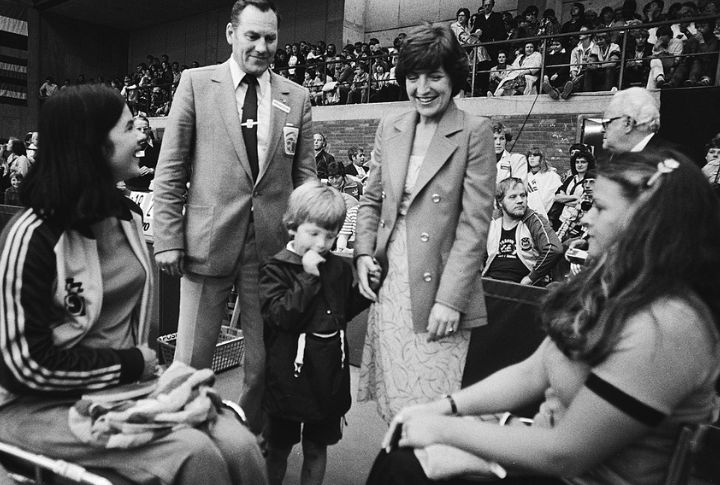
In many homes, children respected adult dialogue by remaining silent until acknowledged. Patience was expected and cultivated. A direct look from a parent signaled silence. Children stayed nearby, listening for an appropriate moment to join in. Observing without interrupting was common. This approach strengthened discipline and reinforced social manners.
Dinner Was Family Time — No TV Allowed
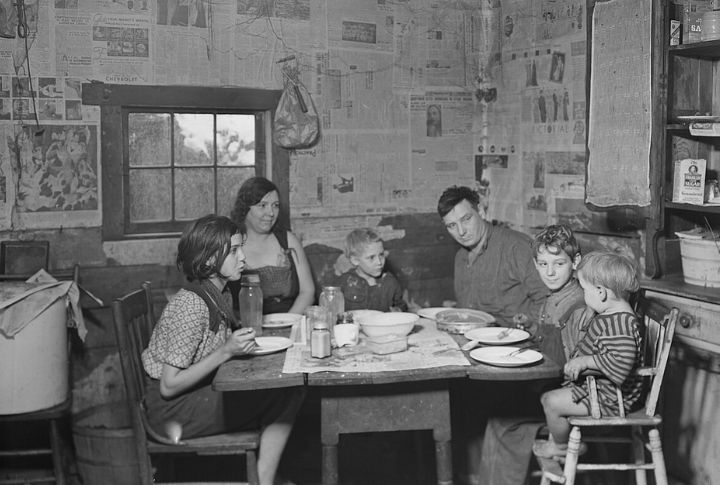
Meals were meant for talking, not watching TV. That’s how families stayed closer. Televisions stayed in separate rooms to keep distractions out. Families used TV trays only on special occasions. Everyone helped set and clear the table, and the kids knew the rule: eat first, watch later.
Doors Stayed Unlocked Until Bedtime

Neighbors trusted each other, so families felt safe leaving doors open until bedtime. Many hid spare keys under doormats for emergencies. Children roamed freely, often visiting friends’ houses without warning. This openness built strong community ties and made neighborhoods feel connected.
Respect Bedtime — Lights Out Meant Quiet
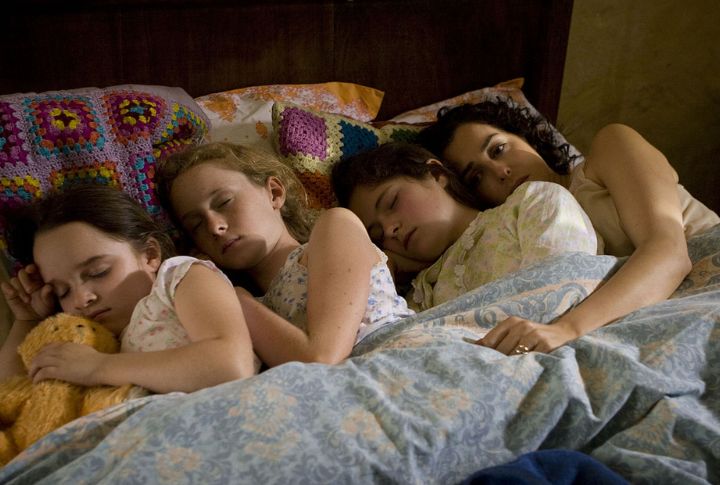
Bedtime came early, even on weekends. Parents expected the house to quiet down when the lights went off, and children whispered under the covers to avoid getting caught. Quiet nights meant everyone got to rest. Hallway lights stayed lit for wandering feet, and squeaky floors often revealed late snack missions.
Call Adults Mr. Or Mrs., Never By First Name
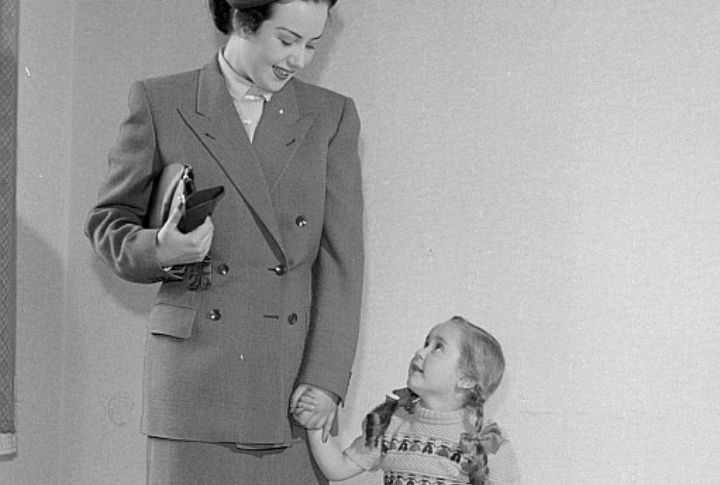
Respect for elders shaped daily speech. Children addressed adults with titles, even those living next door. Slipping up brought quick correction from parents. Teachers stood firmly as authority figures, with no exceptions allowed. First names belonged only among peers. Such simple language rules created a clear sense of respect and order.
Chores Came Before Playtime
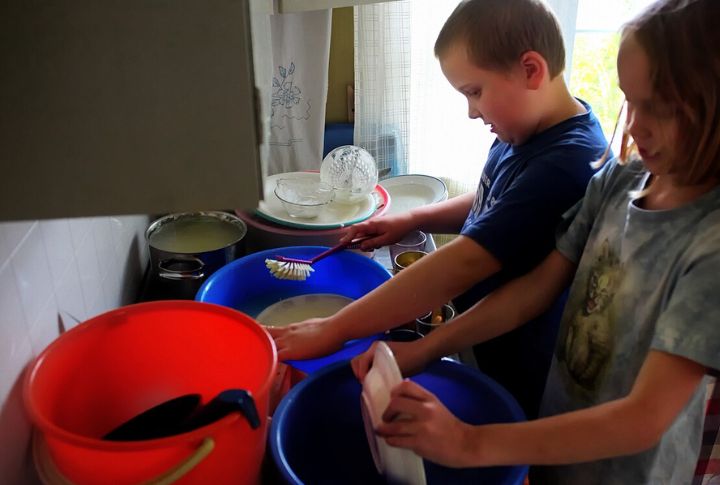
Daily chores instilled discipline and accountability in children, and tasks like sweeping, dishwashing, and pet care required no payment. Saturday mornings often began with chores, not cartoons. A well-kept yard reflected a family’s values to neighbors. Parents inspected each task thoroughly.
Say “Please” And “Thank You” — Always

Saying “please” and “thank you” was standard behavior at home and in public. Parents spoke politely and expected the same from children. Forgetting earned a sharp look, not a second reminder. Thank-you notes were written by hand for every gift, and neighbors often gave small gifts back and forth to show respect.
No Running Indoors

Running inside risked damaging delicate decor and family heirlooms. Living rooms also displayed fragile glass or ceramic pieces. Kids burned off energy outside but stepped lightly indoors. Parents reminded, “This isn’t a playground!” Heavy drapes and thick rugs softened footsteps and sometimes hushed scoldings when the rule was broken.

